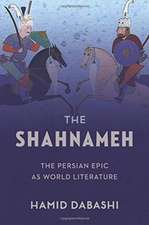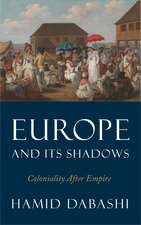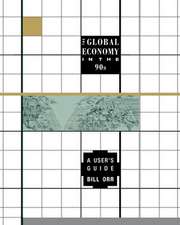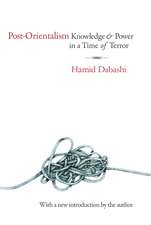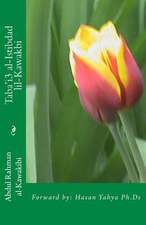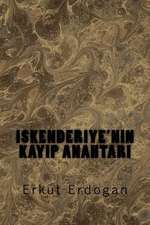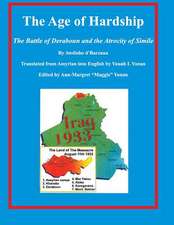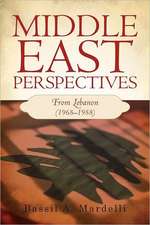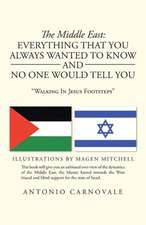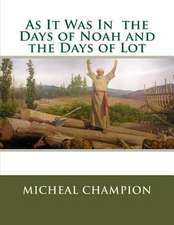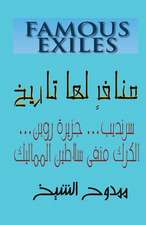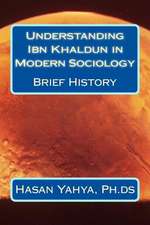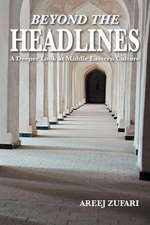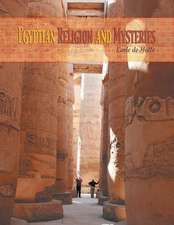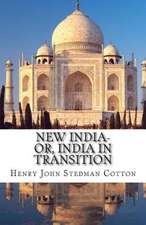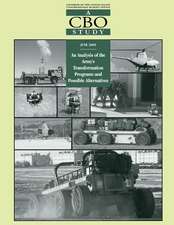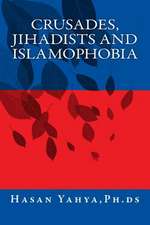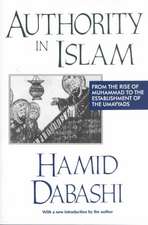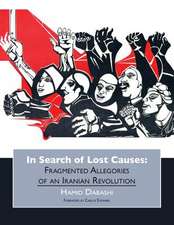Iran: A People Interrupted
Autor Hamid Dabashien Limba Engleză Paperback – 23 iul 2008
| Toate formatele și edițiile | Preț | Express |
|---|---|---|
| Paperback (1) | 136.28 lei 3-5 săpt. | |
| The New Press – 23 iul 2008 | 136.28 lei 3-5 săpt. | |
| Hardback (1) | 493.73 lei 6-8 săpt. | |
| Palgrave Macmillan US – 6 oct 2016 | 493.73 lei 6-8 săpt. |
Preț: 136.28 lei
Nou
Puncte Express: 204
Preț estimativ în valută:
26.08€ • 26.91$ • 22.07£
26.08€ • 26.91$ • 22.07£
Carte disponibilă
Livrare economică 12-26 februarie
Preluare comenzi: 021 569.72.76
Specificații
ISBN-13: 9781595583338
ISBN-10: 1595583335
Pagini: 336
Dimensiuni: 139 x 209 x 22 mm
Greutate: 0.39 kg
Editura: The New Press
Colecția The New Press
Locul publicării:New York, United States
ISBN-10: 1595583335
Pagini: 336
Dimensiuni: 139 x 209 x 22 mm
Greutate: 0.39 kg
Editura: The New Press
Colecția The New Press
Locul publicării:New York, United States
Cuprins
Introduction: The Rebirth of a Nation.- Chapter 1 Persian Empire?.- Chapter 2 A Civil Rights Movement.- Chapter 3 A Metamorphic Movement.- Chapter 4 An Aesthetic Reason.- Chapter 5 Shi-ism at Large.- Chapter 6 Invisible Signs.- Chapter 7 A Transnational Public Sphere.- Chapter 8 Cosmopolitan Worldliness.- Chapter 9 Fragmented Signs.- Chapter 10 The End of the West.- Chapter 11 Damnatio Memoriae.- Chapter 12 Mythmaker, Mythmaker, Make Me a Myth.- Conclusion: What Time Is It?.
Notă biografică
Hamid Dabashi is Hagop Kevorkian Professor of Iranian Studies and Comparative Literature at Columbia University, USA. He received a dual PhD in Sociology of Culture and Islamic Studies from the University of Pennsylvania, USA. He is one of the most senior scholars of Iran in the world and author of hundreds of scholarly essays and dozens of books, including: Iran: A People Interrupted, Islamic Liberation Theology: Resisting the Empire, and Post-Orientalism: Knowledge and Power in Time of Terror.
Textul de pe ultima copertă
In this unprecedented book, Hamid Dabashi provides a provocative account of Iran in its current resurrection as a mighty regional power. Through a careful study of contemporary Iranian history in its political, literary, and artistic dimensions, Dabashi decouples the idea of Iran from its colonial linkage to the cliché notion of “the nation-state,” and then demonstrates how an “aesthetic intuition of transcendence” has enabled it to be re-conceived as a powerful nation. This rebirth has allowed for repressed political and cultural forces to surface, redefining the nation’s future beyond its fictive postcolonial borders and autonomous from the state apparatus that wishes but fails to rule it. Iran’s sovereignty, Dabashi argues, is inaugurated through an active and open-ended self-awareness of the nation’s history and recent political and aesthetic instantiations, as it has been sustained by successive waves of revolutionary prose, poetry, and visual and performing arts performed categorically against the censorial will of the state.
Caracteristici
Provides a compelling study of contemporary Iranian history that moves beyond the emphasis on its colonial heritage and focus on the "nation-state" Brings together political, literary, and artistic facets of contemporary Iranian life to consider how they contribute to the rebirth of the nation Demonstrates modes of resistance to the state through the revolutionary movements of Iranian prose, poetry, and performing arts

